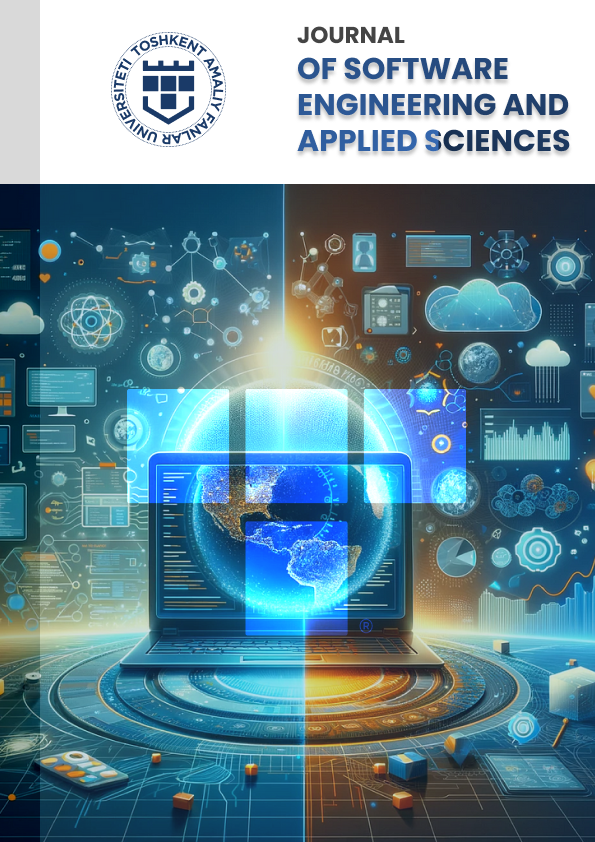Ways of using computer technologies in assessment
Authors
Mohinur Qulmanova  orcid: 0009-0009-0390-3241
orcid: 0009-0009-0390-3241
e-mail: mokhinur5665@gmail.com
EFL teacher, Department of foreign language and literature, University of Tashkent for Applied Sciences, Tashkent, 100149, Uzbekistan
Abstract
Abstract: This article presents ideas and reflections on computer technologies and their use in assessment in education. In the ever-evolving landscape of education, the integration of technology has revolutionized teaching methodologies, making computer literacy a fundamental aspect of modern culture. This article explores the transition from traditional assessment methods to technology-based assessments, highlighting the effectiveness and effectiveness of computer-based testing (CBT) and computerized adaptive testing (CAT). By leveraging various information and communication technologies (ICT), educators have streamlined the assessment process, enhancing not only the administration but also the analysis of test results. The article delves into the multifaceted role of technology in educational assessment, emphasizing its capacity to facilitate learning outcomes assessment and support higher-order learning objectives. Moreover, it discusses the pivotal role of pedagogical diagnosis in leveraging computer systems for assessing student knowledge and monitoring learning processes. Through a comprehensive analysis of the current landscape, the article presents findings from studies on the impact of computer technologies on academic achievement and course attitudes, considering factors such as course content, digital literacy levels, and instructional time. Finally, it underscores the importance of international support in integrating pedagogical and information technologies into educational practices, emphasizing the need for a unified understanding of pedagogical technology and its implications for optimizing educational processes and enhancing learning outcomes.
Keywords: Technology-based assessment, Computer-based testing (CBT), Computerized adaptive testing (CAT), Information and communication technologies (ICT), Pedagogical diagnosis, Educational outcomes, Digital literacy, Learning processes, Academic achievement, Instructional methodologies.
